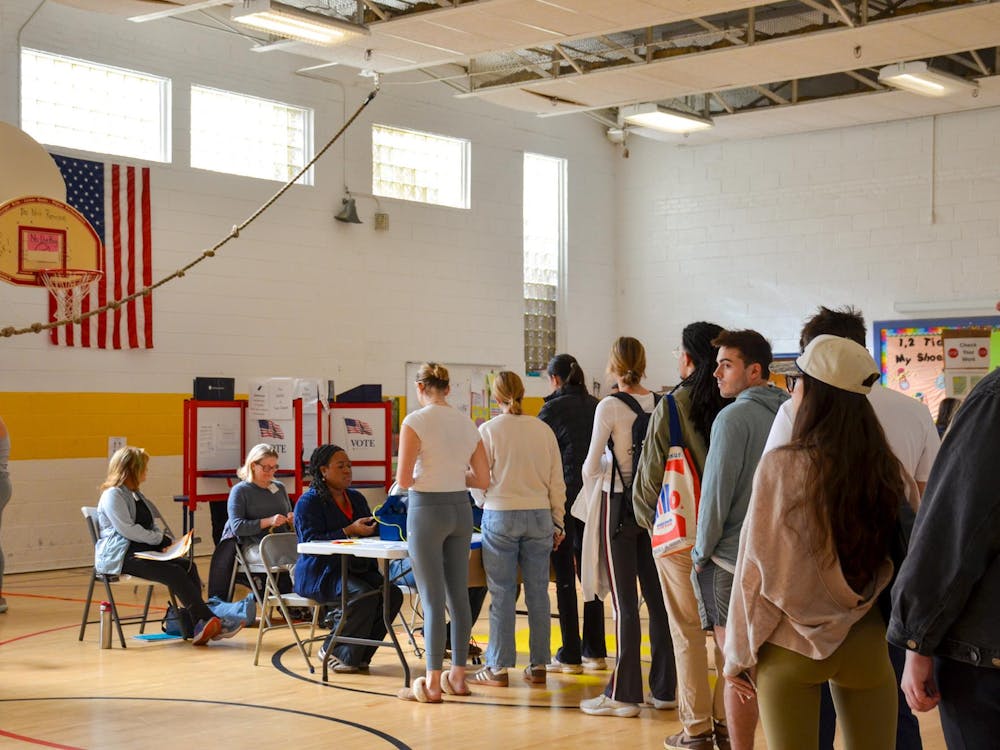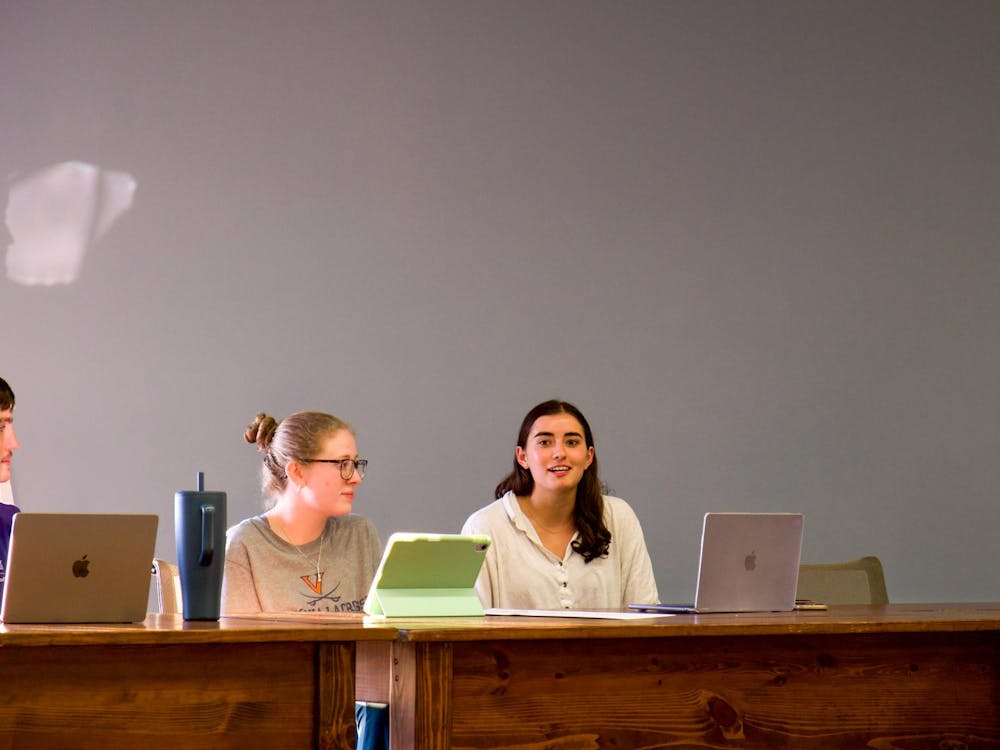Students living on Grounds can expect to reach even deeper into their wallets after the Board of Visitors approved increased housing rates for the 2008-09 academic year during yesterday's Finance Committee meeting. The average increase for on-Grounds living is $215 per semester.
According to Richard Kovatch, associate vice president for business operations, this change is primarily a reaction to the growing costs of utilities and operating fees as well as a step to help cover housing renovation costs.
"Some of our residence halls are over 30 years old and are in need of renovation, so we are also putting reserves aside for renovation projects, and that's kind of an ongoing program," Kovatch said. "The University is on a capital improvement program, so we have to increase our revenue source to cover our debt service."
He added that the debt is primarily the result of the construction costs of a new residence hall being built for fall 2008.
Despite the increased fees, the University will still remain below the average of housing rates among its peers, according to a Board document. On the other hand, Kovatch noted that the University remains above the state average for housing rates, which is holding steady at $3,912.
Leonard Sandridge, executive vice president and chief operating officer, said the price increase was a way put the interests of students first.
"We want to be able to accommodate any student who wants to live on Grounds," he said.
According to Kovatch, there are more than 6,000 beds available for students on Grounds, with the Gooch-Dillard and Copeley complexes claiming the highest numbers of vacancies.
"Other residence areas are more popular, like Lambeth and Bice, which have almost 100 percent occupancy," Kovatch said.
Undergraduate students living on Grounds are not the only members of the University community who will see an increase in fees.
Certain graduate students will also see an increase in costs for the next academic year, as the Board approved a tuition and fee increase for three graduate schools. The Darden School will see a 6.3 percent increase, the Medical School will see a 6 percent increase and the Engineering School will see a 1.5 percent increase in graduate tuition. According to Sandridge, tuition rates "are set by the market."






